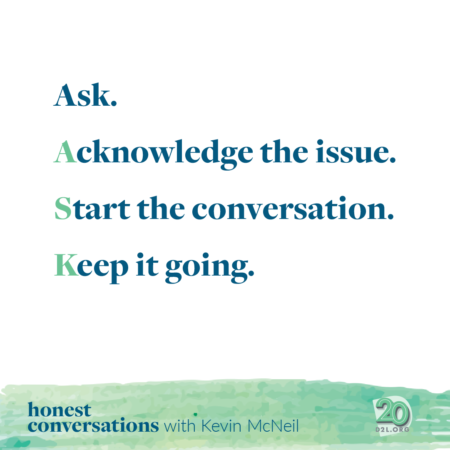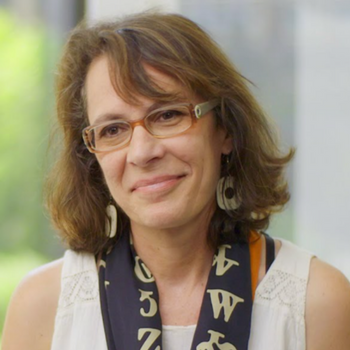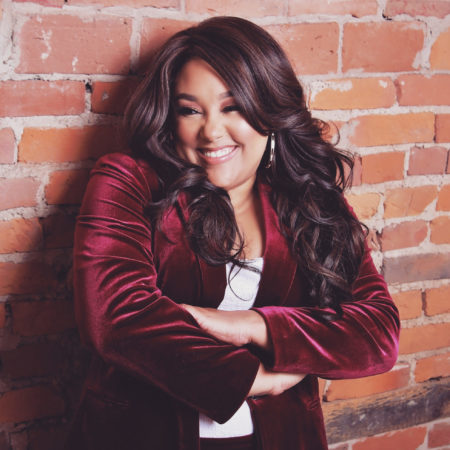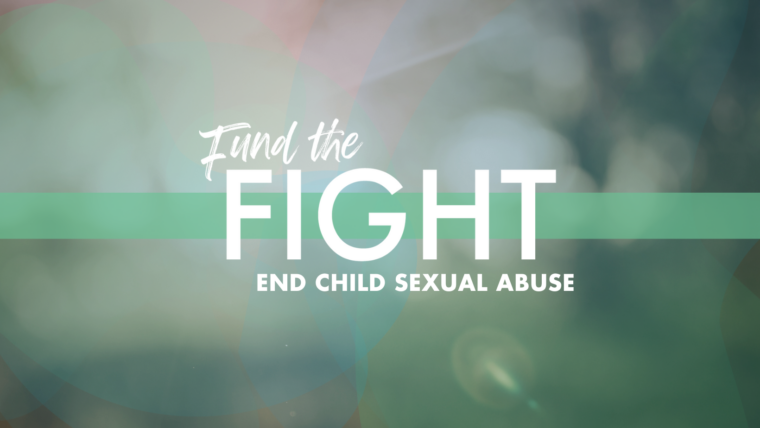While culture, customs, and languages vary, every community shares the pain of child sexual abuse. Our President & CEO Katelyn N. Brewer was joined by Dr. Kelly Hallman and Kimee Wind-Hummingbird to discuss the unique challenges and solutions to child protection in Native American communities in our latest episode of Honest Conversations.
Ashley and Kevin are survivors of child sexual abuse (and Darkness to Light Authorized Facilitators), and have firsthand experience navigating the process of disclosure and healing amid Black communities that discouraged their voices. They encountered perspectives such as:
-
- “Men should be strong and in control; being abused would mean you were weak.”
- “Sex before marriage is unacceptable, especially if you get pregnant; how could you let that happen to you?”
- “Don’t ever disrespect your elders by accusing them of something so terrible.”
- “What happens in our house stays in our house.”
In their conversation, they discuss the impact of perspectives like these, and strategies they used to overcome the shame associated with them. They emphasize the importance of breaking the cycles of silence and stigma by reimagining the way we interact with children. They ask the question, “what practical steps should adults in Black communities take to ensure children’s safety from abuse?”

“The community has to have this conversation early and often,” says Kevin. “Wherever you take your children, we have to talk about it. Because if we don’t talk about it, we almost say ‘it’s ok’ until it happens. We must acknowledge the problem, start a conversation about the problem, and keep working and being solution focused. A.S.K.”
They offer many practical tips, including recognizing the underlying reasons for a child’s behavior, encouraging open expression from them, and knowing how to respond well to a child’s honesty. Shame, fear, and anger only perpetuate cycles of silence.
“In a lot of Black families, like mine, the only thing we’re told (especially Black Christian families) is ‘Just don’t have sex until you get married.’ Or, ‘Don’t get pregnant,’” reflects Ashley. “So what do you do if someone sexually abuses you, but you’ve been told all this time that you’re not supposed to be doing that? [What happens when] ‘it was done to me?’ The result is ‘I can’t tell you that this thing happened to me because you’re going to be mad at me that I’m not a virgin anymore.’”
Watch the video below to learn more practical tips from Kevin and Ashley!
This series contains descriptions of adult subject matter, including child sexual abuse. It may not be suitable for everyone and viewer discretion is advised. If you need support after watching, please reach out to 866-FOR-LIGHT for confidential support and resources.
Honest Conversations is a Live series from Darkness to Light where two experts have an authentic discussion about stigma and child sexual abuse. Click here to watch part 1 of this discussion of this discussion between Kelly, Kimee, and Katelyn.
 Kelly Hallman, PhD, is a citizen of the Cherokee Nation, Founding Director of the Indigenous Adolescent Girls Empowerment Network (IMAGEN), and a health policy researcher who focuses on girls’ empowerment, indigenous empowerment, violence prevention, HIV prevention, adolescent sexual health, and equity in access to opportunities and services. Additionally, Kelly serves as an adviser on various panels and studies, including the Population Council’s Institutional Review Board, and is a Senior Associate at the GIRL Center for Innovation Research and Learning.
Kelly Hallman, PhD, is a citizen of the Cherokee Nation, Founding Director of the Indigenous Adolescent Girls Empowerment Network (IMAGEN), and a health policy researcher who focuses on girls’ empowerment, indigenous empowerment, violence prevention, HIV prevention, adolescent sexual health, and equity in access to opportunities and services. Additionally, Kelly serves as an adviser on various panels and studies, including the Population Council’s Institutional Review Board, and is a Senior Associate at the GIRL Center for Innovation Research and Learning.

Kimee Wind-Hummingbird is a citizen of the Muscogee (Creek) Nation, with Cherokee descendances, and a Training & Technical Assistant Specialist at the National Native Children’s Trauma Center (NNCTC). Kimee joined NNCTC in 2021, after 22 years spent working in youth and family programs of her two tribal nations. In addition to extensive supervisory experience and expertise on the Indian Child Welfare Act, she has trained and consulted with both tribal and non-tribal stakeholders, including judges, attorneys, state child welfare agencies, tribal child welfare agencies, and other service providers. Kimee’s focus across all her professional activities has been keeping indigenous families connected to their tribe, culture, and community.
Follow us on social media to stay up to date and join the conversation.


